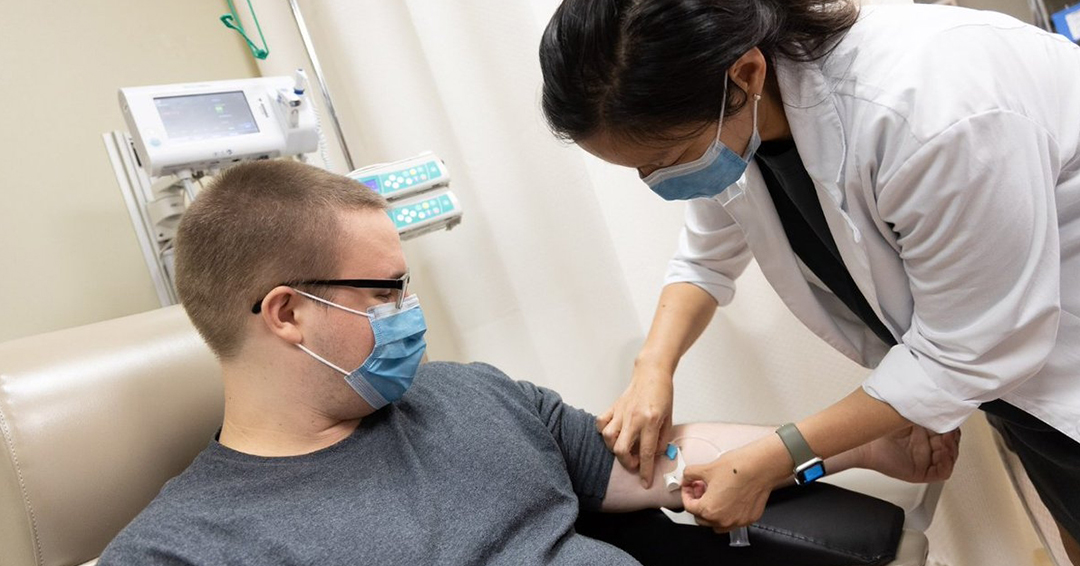
Goal is to accelerate research and let patients know how their data is helping find treatments
A $6M grant from Brain Canada will fund the creation of a new Open Science patient registry, to share data with researchers around the world and let patients see how their data is used to develop new treatments for neurological disorders.
The Neuro’s Virtual Integrated Patient Platform (NeuroVIPs) will contain multi-modal data from thousands of patient partners. Many patients participating in clinical trials at The Neuro choose to contribute their data to science. It is then stored across the institution’s various clinical and research platforms, including The Neuro’s Open Biobank. NeuroVIPs will create a digital link between these platforms, so that a patient’s phenotype, genetics, neuroimaging, and other data can be accessed by research teams in one centralized location. This will also help accelerate recruitment for clinical trials by enabling investigators to quickly identify patients with the exact disease sub-type targeted by their study.
Having been developed entirely within The Neuro’s Open Science ecosystem, NeuroVIPs is unique in that all data and patient derived cell lines will be shared with scientists and institutes worldwide to help accelerate translational research.
“What is unique about this transformative project is that we do not limit ourselves to a single condition, we recruit across neurological diseases, which aligns well with Brain Canada’s One Brain approach,” says Guy Rouleau, MD, The Neuro’s Director and principal investigator of the NeuroVIPs project. “There is no platform like this that exists right now and that is operating out in an Open Science capacity in Canada and probably in the world.”
“Part of the goal of this project is to better leverage multimodal data to inform patient care, and to speed up recruitment into precision medicine clinical trials,” says Jason Karamchandani, MD, a clinician-scientist at The Neuro and member of the funded research team. “The goal over the next three years is to build and expand as many rigorous, detailed patient cohorts as we can so that, as the newest precision medicine clinical trials arrive in Canada, that we’re ready to respond in a meaningful timeframe.”
Currently patients who volunteer their data are often not able to see how their participation is helping advance science. This inspired the team at The Neuro to add a novel aspect to the platform – a patient-facing data-interface built into the biobank where patients can find out exactly how their contributions are being used in translational research.
Brain Canada’s Platform Support Grants are awarded to teams creating or enhancing centralized shared resources to increase access to equipment, expertise, data, and protocols across research networks. Brain Canada will announce eight additional Platform Support Grants in the coming weeks, as part of a more than $30 million investment in brain research.
